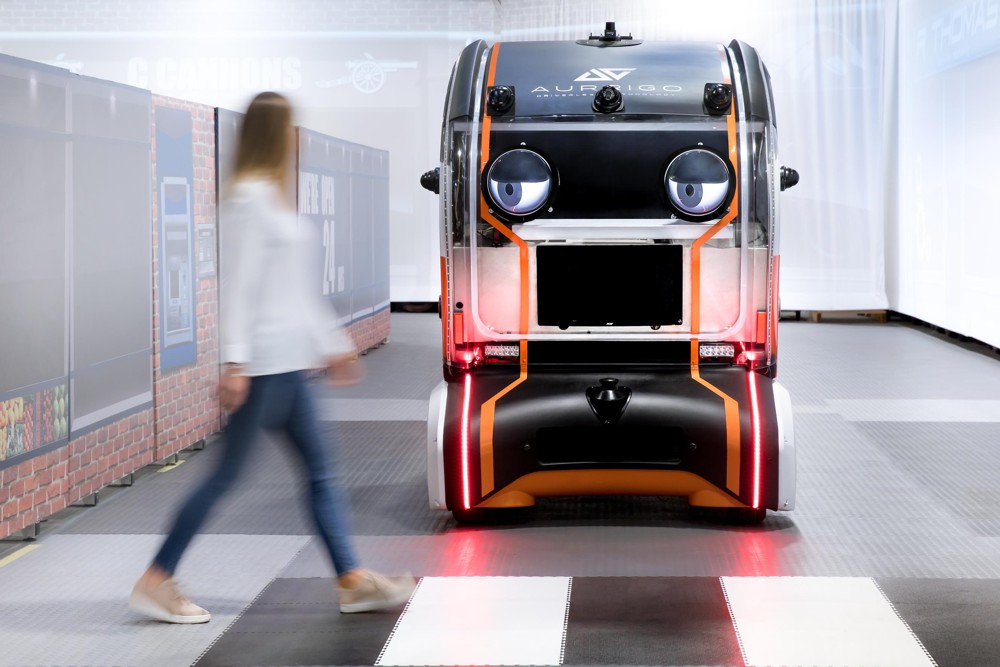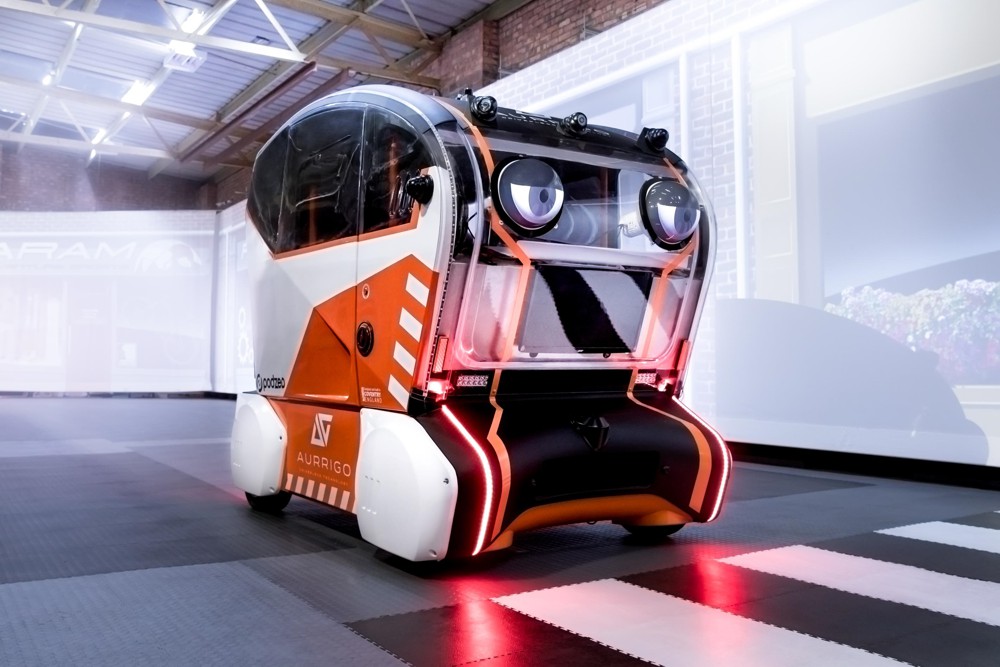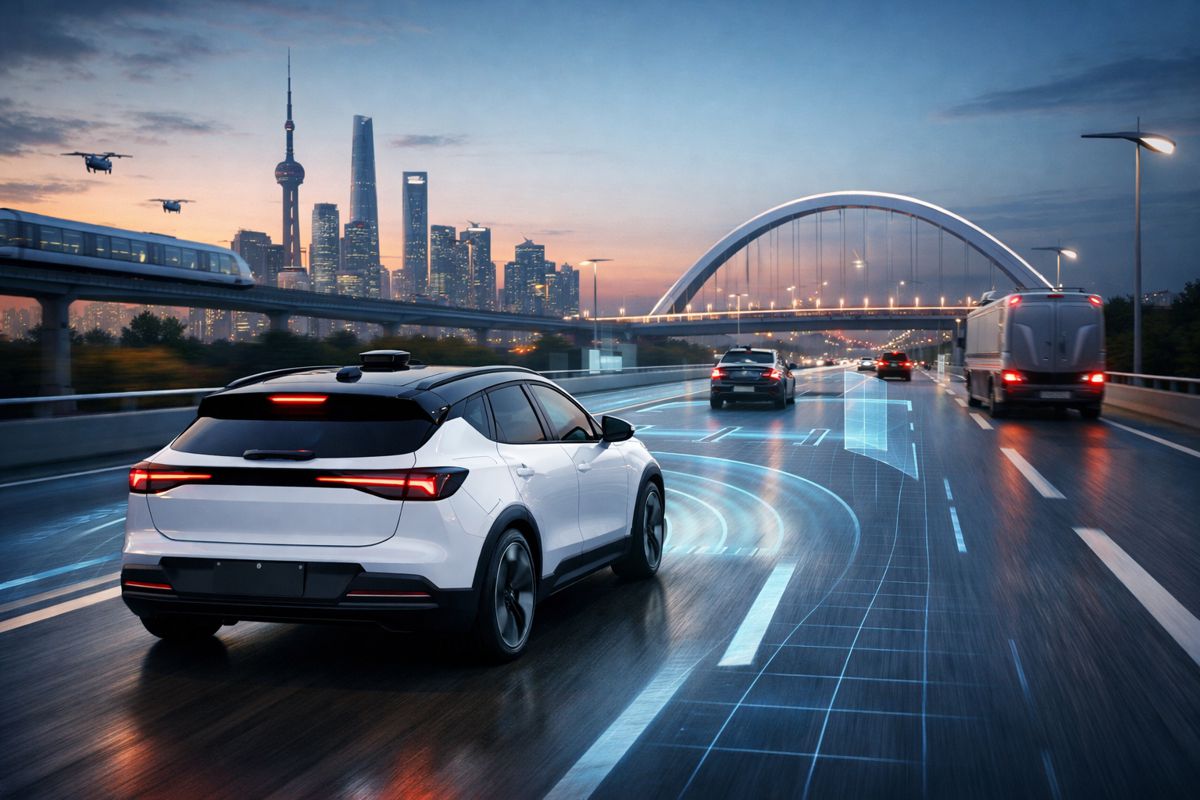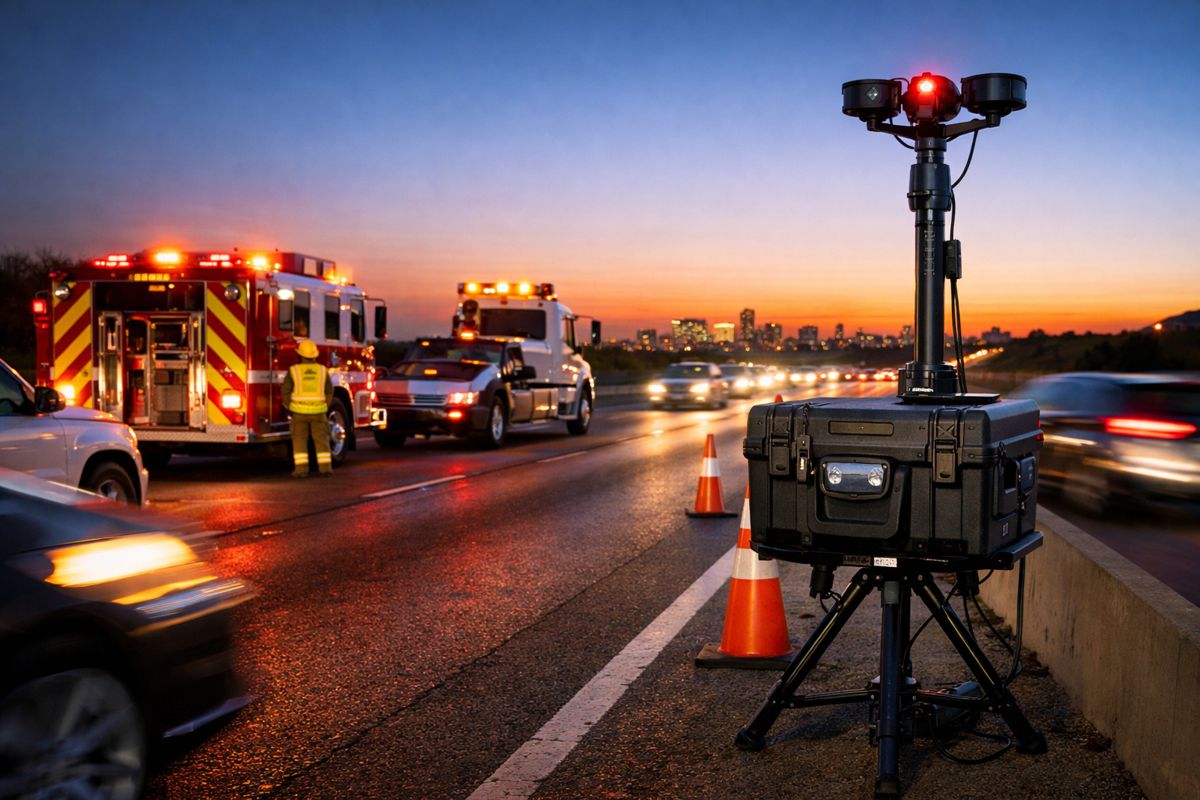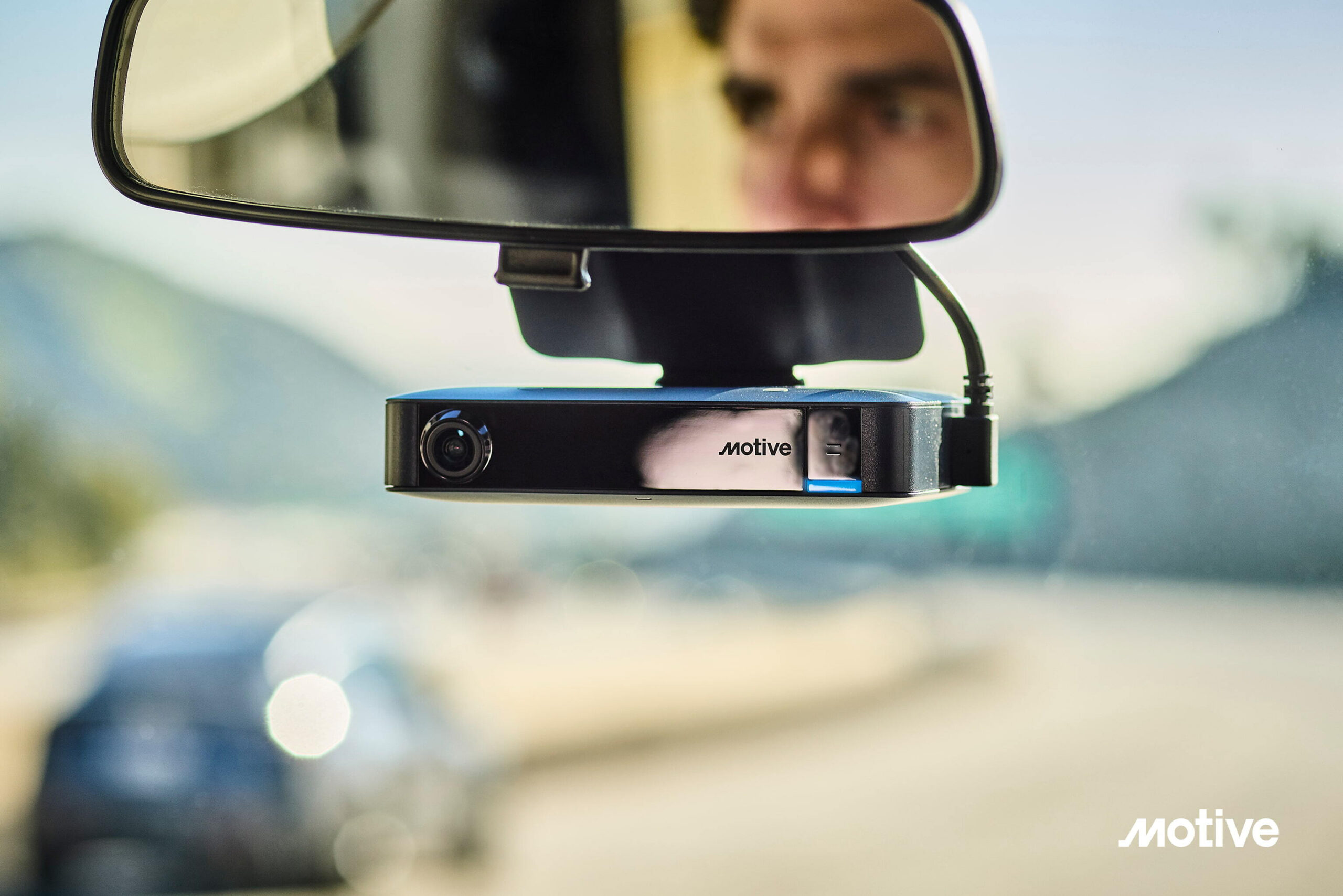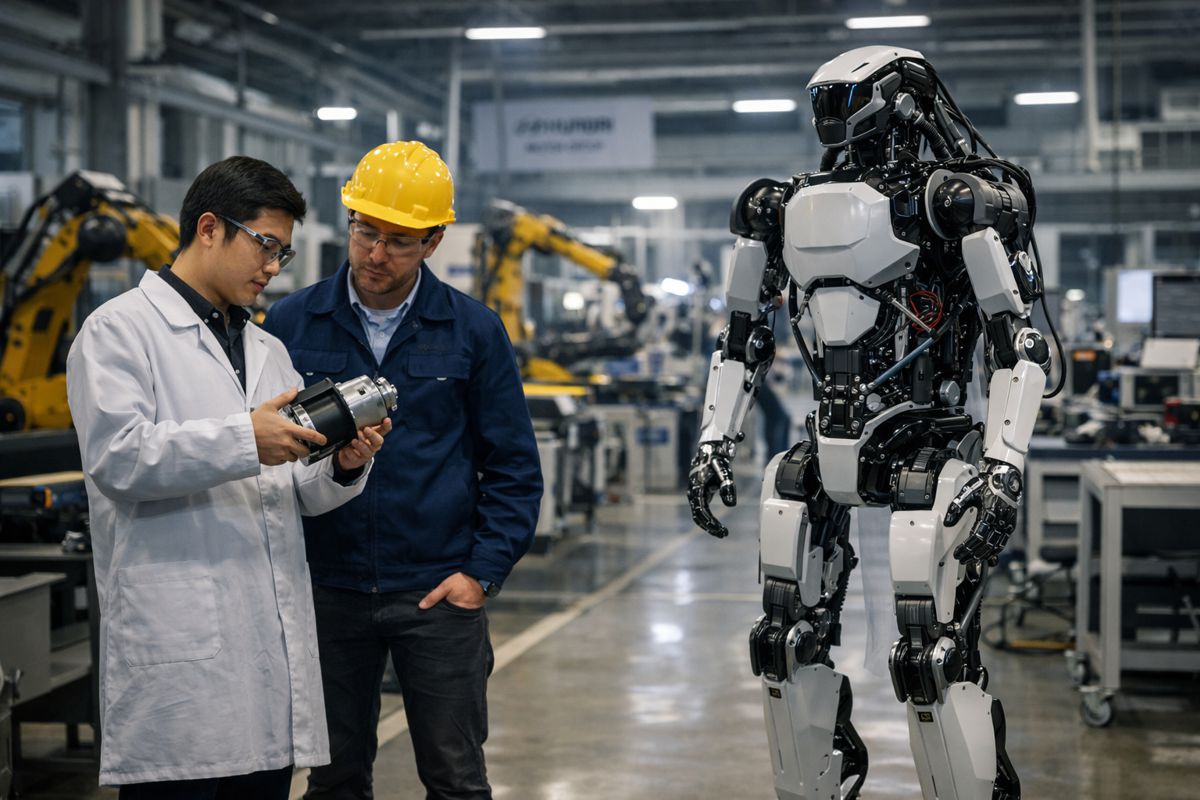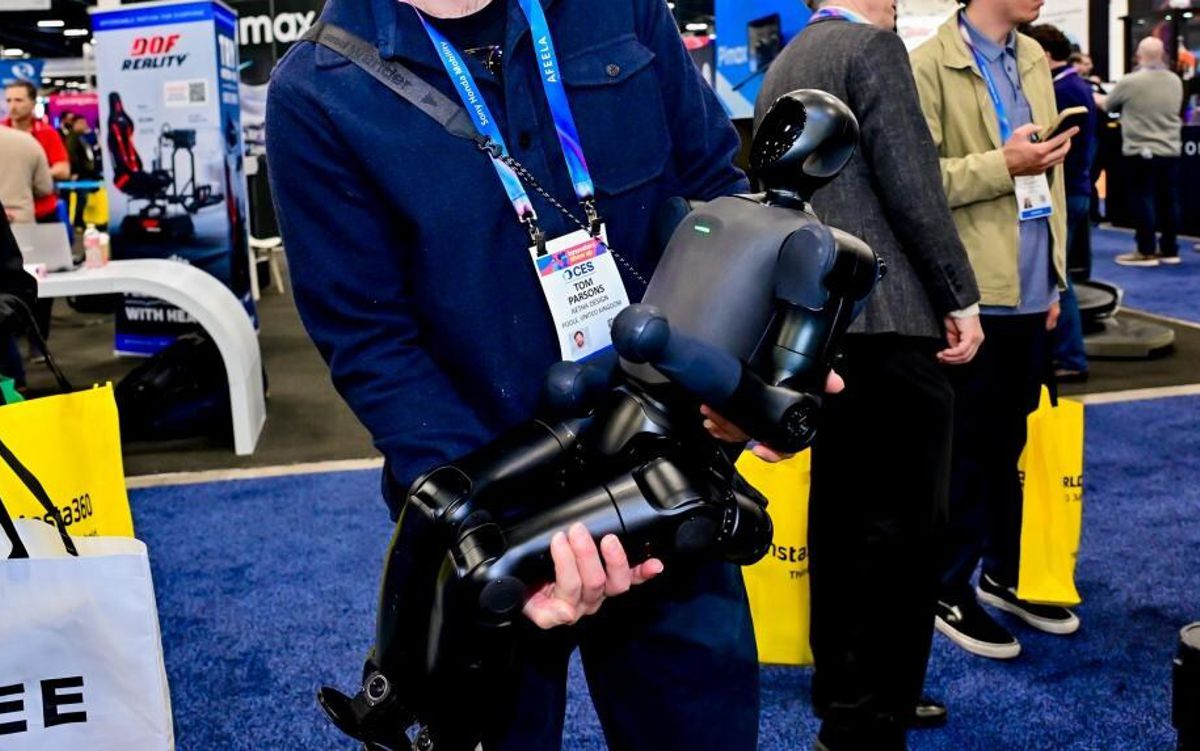Jaguar Land Rover’s Virtual Eyes and Intelligent Pods study trust in self-driving vehicles
Jaguar Land Rover has fitted ‘virtual eyes’ to intelligent pods to understand how humans will trust self-driving vehicles, as research studies suggest that as many as 63% of pedestrians worry about how safe it will be to cross the road in the future.
The friendly-faced ‘eye pods’ have a vital job: helping work out how much information future self-driving cars should share with users or pedestrians to ensure that people trust the technology.
As part of the engineering project, Jaguar Land Rover has enlisted the help of a team of cognitive psychologists to better understand how vehicle behaviour affects human confidence in new technology. The trust trials form part of Jaguar Land Rover’s government-supported UK Autodrive project.
The intelligent pods run autonomously on a fabricated street scene in Coventry, while the behaviour of pedestrians is analysed as they wait to cross the road. The ‘eyes’ have been devised by a team of advanced engineers, working in Jaguar Land Rover’s Future Mobility division. The pods seek out the pedestrian – appearing to ‘look’ directly at them – signalling to road users that it has identified them, and intends to take avoiding action.
Engineers record trust levels in the person before and after the pod makes ‘eye contact’ to find out whether it generates sufficient confidence that it would stop for them. Previous studies suggest as many 63% of pedestrians and cyclists say they’d feel less safe sharing the road with a self-driving vehicle.
Safety remains the number one priority as Jaguar Land Rover invests in self-driving technology, becoming automotive leaders in autonomous, connected, electric and shared mobility. The trial is aligned with the brand’s long-term strategic goals: to make cars safer, free up people’s valuable time and improve mobility for everyone.
Pete Bennett, Future Mobility Research Manager at Jaguar Land Rover, said: “It’s second-nature to glance at the driver of the approaching vehicle before stepping into the road. Understanding how this translates in tomorrow’s more automated world is important.
“We want to know if it is beneficial to provide humans with information about a vehicle’s intentions or whether simply letting a pedestrian know it has been recognised is enough to improve confidence.”
The trials are part of a wider study exploring how future connected and autonomous vehicles can replicate human behaviour and reactions when driving. As part of the study, more than 500 test subjects have been studied interacting with the self-driving pods, designed by UK Autodrive partner Aurrigo.









